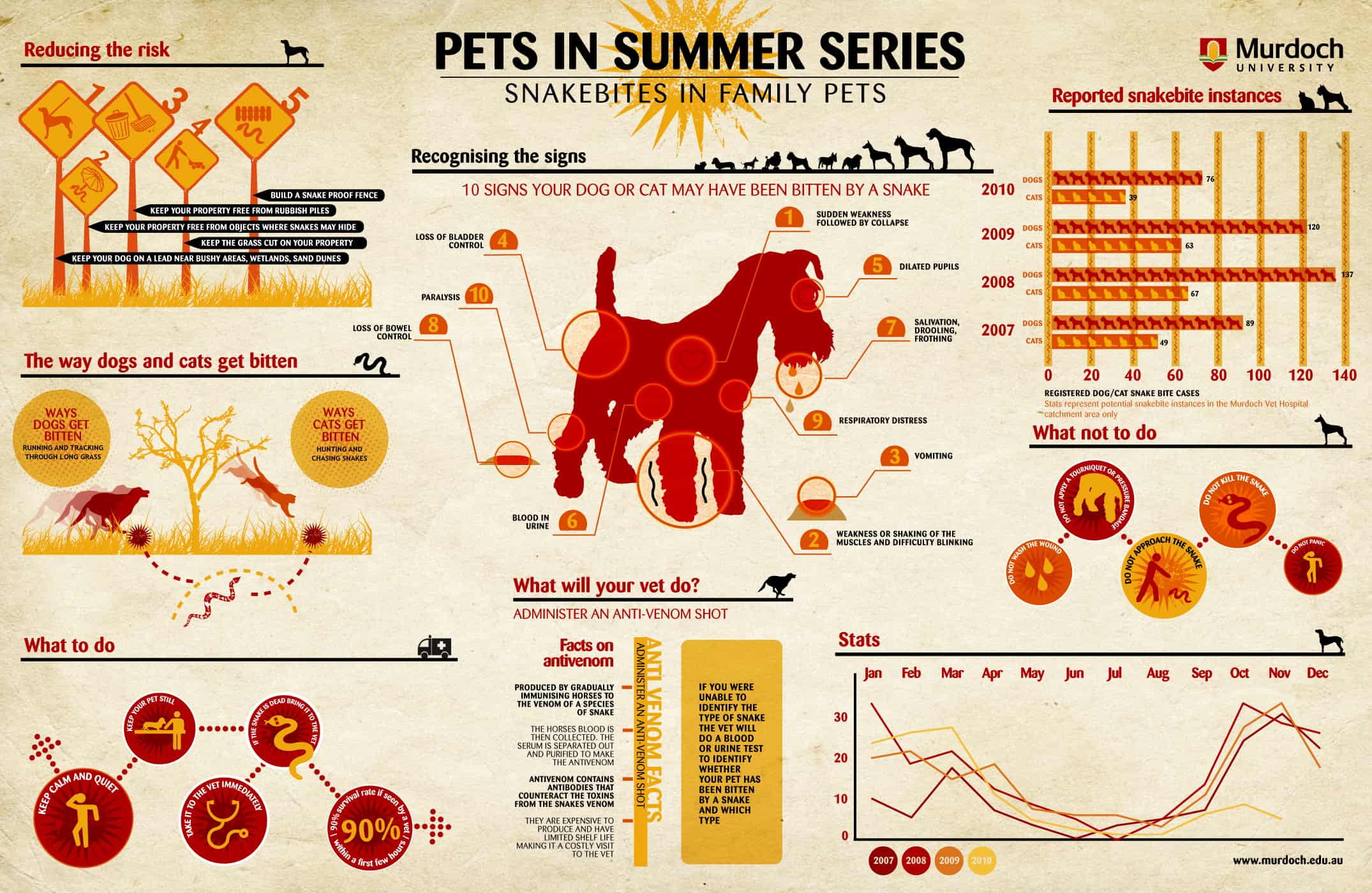How Dog Daycares Monitor Dogs
How Dog Daycares Monitor Dogs
Blog Article
Can Pet Dog Childcare Reason Health Problem?
Chances are that if your dog is consistently subjected to other dogs, even if they're effectively vaccinated, they may return with some type of illness. Inoculations, routine vet appointments, and good health practices can decrease danger factors for infection and condition.
Stressed or anxious dogs can develop gastrointestinal issues and other health and wellness problems that are quickly spread between canines. Establishing age restrictions and behavioral rules can help ensure that only healthy dogs enter your center.
Distemper
Canine distemper is a significant and often deadly infection that strikes a canine's respiratory, digestive, skin and immune systems. Puppies are particularly at risk and can contract the illness through straight contact with a contaminated animal or via the air-borne transmission of virus particles sent out throughout coughing, sneezing or taking a breath.
The incubation period for canine distemper is in between 3 and 7 days. While pups at day care may seem to catch parvo from another infected pet, it's not likely considering that the incubation duration is so short.
While there is no cure for canine distemper, helpful care can assist pet dogs recover. This includes liquids, prescription antibiotics and medications to manage seizures. The Drake Facility for Veterinary Care notes that signs consist of dripping eyes and nose, diarrhea, vomiting, anorexia nervosa and neurological problems such as twitching and tremblings. Pups require a full vaccination series and yearly boosters to secure them against this condition, which is why trustworthy doggie day care centers call for current inoculations.
Kennel Coughing
Kennel Cough (Pooch Contagious Tracheobronchitis) is a very transmittable upper breathing condition caused by germs and infections. It spreads through air-borne beads from a coughing or sneeze, direct get in touch with, and sharing of polluted objects such as playthings or water bowls. It is native to the island in position where several pet dogs are housed close together, such as kennels, dog parks, brushing salons and shows. Numerous vaccinations are offered to shield versus the virus that cause kennel cough, and correct hygiene practices can aid protect against infection.
The classic sign is a dry, hacking cough similar to that of a goose honk, and most dogs recoup with little intervention. Nevertheless, extreme situations can result in pneumonia, and young puppies or pet dogs with pre-existing disease go to greater risk for complications. To quicken recuperation, use a harness as opposed to a collar while your pet is recuperating to stay clear of inflammation to the windpipe. A humidifier may additionally help to moisten the air and prevent dry coughing.
Parvovirus
Parvovirus (CPV) is a severe condition in canines. It is similar to feline panleukopenia (feline distemper), however it's much more lethal and can spread quickly among pet dogs as a result of its extremely resistant nature.
This infection assaults the intestinal lining of a pet, ruining it and creating bacteria to slough off into the bloodstream. The weakened body immune system and frustrating germs lead to septic shock, which is generally fatal.
Fortunately, veterinary healthcare facilities use effective treatment for parvovirus. These medications are provided directly right into a client's bloodstream and targeted towards the details pressure of parvovirus. This treatment approach is very effective and helps retrain the body immune system to eliminate off the infection. Pet dogs with extreme signs are often hospitalized for a number of days for monitoring and intensive like guarantee their survival. Young puppies, unvaccinated canines and pets with weak body immune systems are particularly susceptible to parvovirus. This is especially true for young puppies born to roaming mommies and shelter atmospheres, where they are subjected to lots of various other unwell and at risk pets.
Pooch Flu
Pooch flu (CIV) is a contagious respiratory illness that can be brought on by pets sharing contaminated surfaces or straight contact with respiratory system secretions. CIV spreads easily in atmospheres where there are high varieties of pets, such as overnight dog boarding near me dog parks, daycares, brushing centers and vet facilities.
Infected canines dropped the infection via aerosol respiratory droplets when coughing or sneezing, and may pollute things they enter into contact with like cages, toys, food bowls, leashes and the hands and garments of individuals that handle them. Dogs can also be "silent providers" spreading out the infection without showing any type of signs themselves.
Signs and symptoms of canine influenza include sinus and eye discharge, coughing, high temperature, anorexia nervosa, and weakness. The infection can progress to pneumonia, which can be fatal in some canines. PCR viral testing is offered for verification of infection. Preferably, examples (generally deep nasal or pharyngeal swabs) for PCR screening need to be collected within four days of the onset of medical indications.